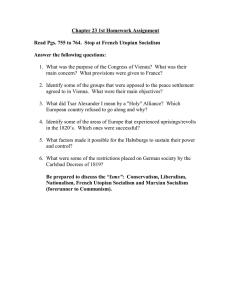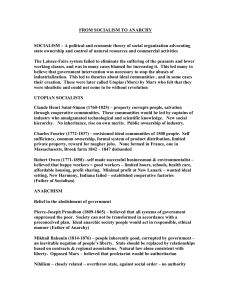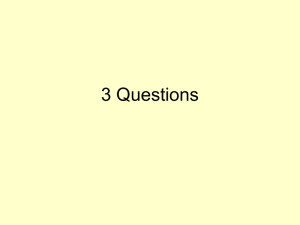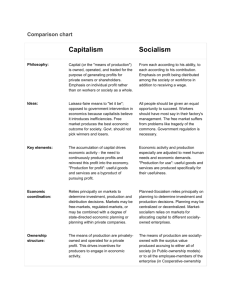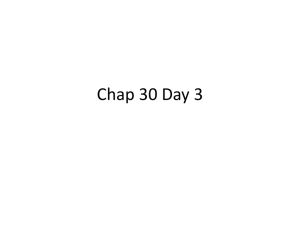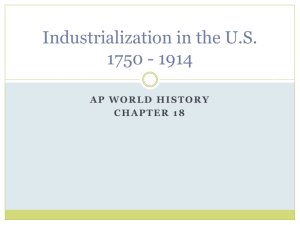Postsocialism as a "region"
advertisement
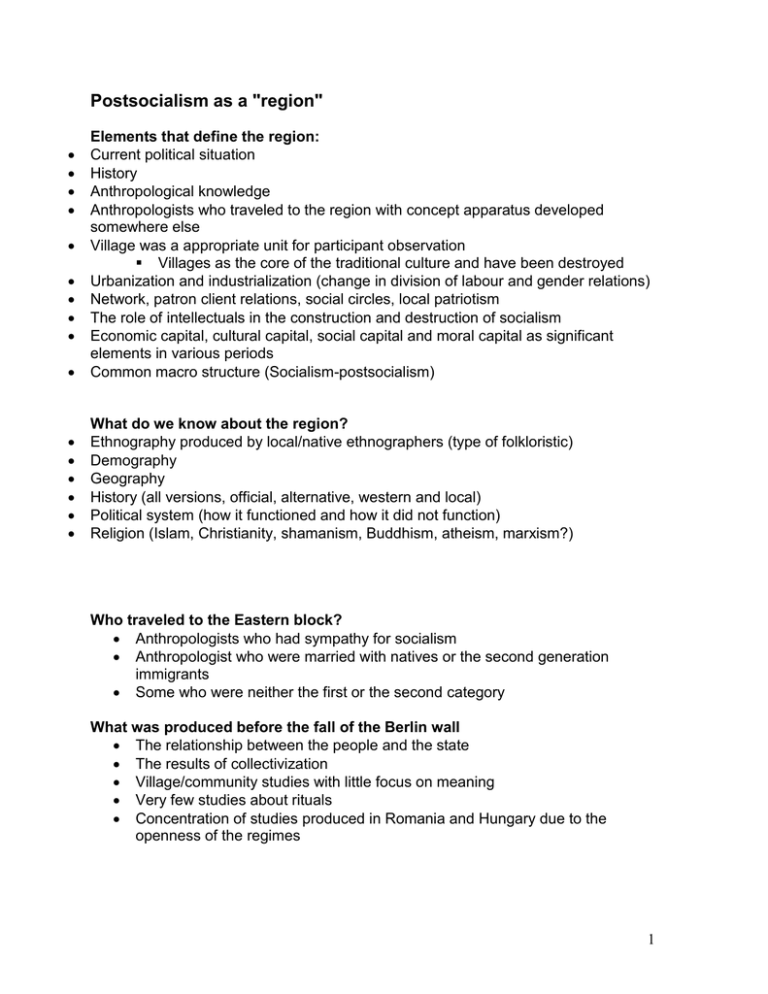
Postsocialism as a "region" Elements that define the region: Current political situation History Anthropological knowledge Anthropologists who traveled to the region with concept apparatus developed somewhere else Village was a appropriate unit for participant observation Villages as the core of the traditional culture and have been destroyed Urbanization and industrialization (change in division of labour and gender relations) Network, patron client relations, social circles, local patriotism The role of intellectuals in the construction and destruction of socialism Economic capital, cultural capital, social capital and moral capital as significant elements in various periods Common macro structure (Socialism-postsocialism) What do we know about the region? Ethnography produced by local/native ethnographers (type of folkloristic) Demography Geography History (all versions, official, alternative, western and local) Political system (how it functioned and how it did not function) Religion (Islam, Christianity, shamanism, Buddhism, atheism, marxism?) Who traveled to the Eastern block? Anthropologists who had sympathy for socialism Anthropologist who were married with natives or the second generation immigrants Some who were neither the first or the second category What was produced before the fall of the Berlin wall The relationship between the people and the state The results of collectivization Village/community studies with little focus on meaning Very few studies about rituals Concentration of studies produced in Romania and Hungary due to the openness of the regimes 1 Former Soviet Union: Historical development Continuity: Russian, Sovietic, postsovietic/Russian The population of the Soviet Union had been "inherited" from (multinational) Russian empire. What is shared? Imperial past Revolution (both resistance and revolutionary activity) Leninist ideals; internationalism WW 2/common enemy: Germans/fascism Stalin regime (oppressions and deportations) Ethnic in form socialism in content Macro structure (everybody employed by the state) Russians in all parts of the USSR territory The project of civilization Modernization and urbanization/industrialization/collectivization Language, education system, media, public rituals, heroes, leaders (i.e. the culture of socialism or communism) Religion (atheism) 2
